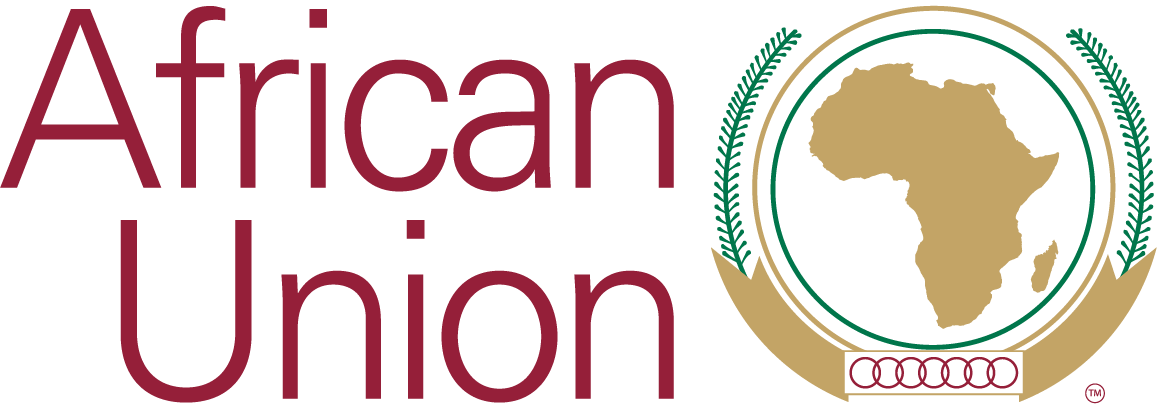Pan-African Parliament Hansard Report, Fifth Session of the Third Parliament
Monday, 13 October, 2014
REFERENCE: 1310-092550E
ADMINISTRATION OF OATH
The following Hon Members took the Oath of Solemn Declaration, signed it and took their seats:Hon. Djantou TraoreHon. Rachel Wambui ShebeshHon. Abubakar Mbaya Hon. Cecilia Chazama Hon. Ahmed El AlemHon. Aminata Niang[Mauritania]Hon. Thandi Cecilia MemelaHon. Hunadi MatemeHon. Santos Vinita KalianHon. Nyiko ShivambuHon. Kumondan Joudah MohaedHon. Abubakar Elrabei AbdullarHer Royal Highness Princess NcengencengeHon. Bongani MdluliHon. Phesheya Victor HlatshwayoHon. Sen. Goodness Khanyisile MalambeHon. Sen. Mike TempleREFERENCE: 1310-102233E
REFERENCE: 1310-102715E
MESSAGE OF GOODWILL
REFERENCE: 1310-103823E
| Regional Caucus | |
| Time | Room |
| West Africa Regional Caucus | 14:30 |
| Eastern Africa Regional Caucus | 14:30 |
| Southern Africa Regional Caucus | 14:30 |
| Central Africa Regional Caucus | 14:30 |
| Northern Africa Regional Caucus | 14:30 |
